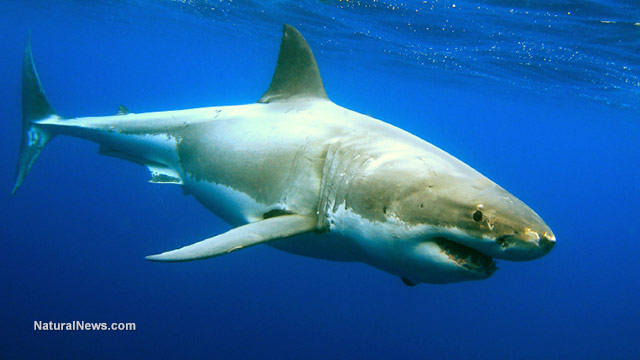
Artificial night-time lighting is increasing at approximately three to six percent a year worldwide. This has profound effects on the aquatic ecosystems such as rivers and lakes that are heavily interconnected with the ecosystems of their banks and shores. As flying insects gather around the artificial lights, the predatory communities on the ground are left with a scarce food source.
“Artificial lighting at night-time is a major component of global environmental change and a threat to biodiversity,” explained Alessandro Manfrin, a researcher at the Leibniz-Institute of Freshwater Ecology and Inland Fisheries (IGB) and now the Environmental Campus Birkenfeld, University of Applied Sciences Trier. “This is particularly true near rivers and lakes, where human populations are concentrated.”
However, other factors that come with the influence of urban environments on these ecosystems include pollution and habitat loss, which poses a difficulty in determining which factor is the most disruptive.
To remove any urban influence to their investigation, Manfrin and his colleagues set up a series of streetlamps beside two different drainage ditches in a nature reserve in Germany. They chose one of the least illuminated remote areas in the entire country, with the least exposed wildlife to any disruptive factors like artificial lighting.
Throughout the study, the researchers turned on the streetlamps on one of the ditches every night while the other one was left permanently off. The team then caught insects and other invertebrates present at each site using traps. The researchers found that more insects left the water from the illuminated ditch, which attracted nocturnal spiders to the bank, while the number of ground beetles decreased. In the water itself, the lights may have made it easier for larger fish to prey on the smaller ones that normally catch the insects.
The study showed that artificial night-time lighting can have adverse effects over the surrounding ecosystems and the wildlife. “We showed that artificial light affects insect behavior, and that this has the potential to change ecosystem dynamics,” says Manfrin. “It is important to account for potential ecological impacts when designing new lighting concepts, and these and other similar results should be considered by landscape- and urban planners, lighting engineers, and terrestrial and aquatic ecologists.”
The research was published in Frontiers in Environmental Science.
Biodiversity and human populations
Human civilization has had negative impacts on the biodiversity of any ecosystem, primarily the destruction of habitats through agricultural advances and abuse of natural resources such as overfishing and hunting. The clash between human populations and wildlife often results in the dwindling and even extinction of some animals. Despite this, there are also positive human impacts on biodiversity such as creating protected areas like nature reserves and conservation sites which help endangered species to recover with minimal human disruption. (Related: Biodiversity key to sustainable biofuel according to University of Minn. researcher's findings (press release).)
Read more about different ecosystems at Ecology.news.
Sources include:
Please contact us for more information.





















